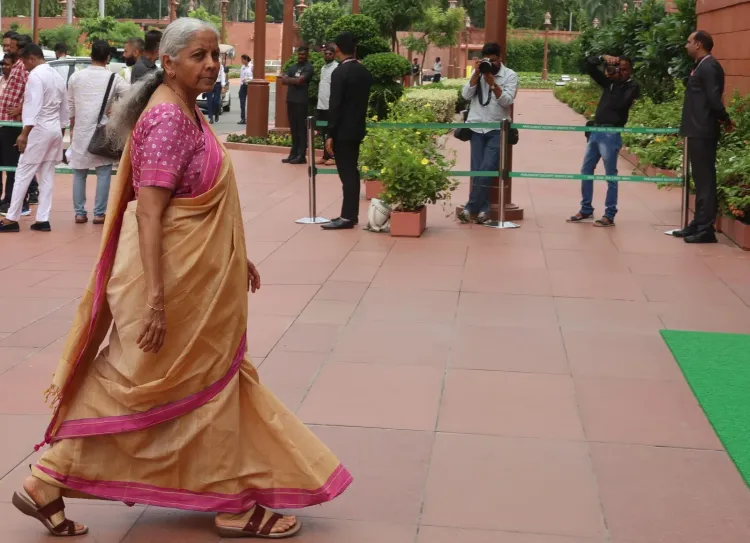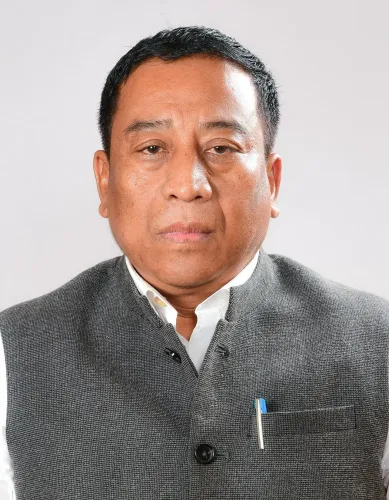Did LS Pass Two Key Tax Bills Amid Opposition Protests Over SIR?

Synopsis
Key Takeaways
- Lok Sabha passed two crucial tax bills.
- Income-Tax Bill aims to simplify tax laws.
- Taxation Laws (Amendment) Bill introduces reforms for pension schemes.
- Protests highlighted concerns over electoral integrity.
- Government seeks to modernize India's tax framework.
New Delhi, Aug 11 (NationPress) During a swift yet impactful session on Monday, the Lok Sabha successfully passed two significant financial legislations: the Income-Tax Bill, 2025 and the Taxation Laws (Amendment) Bill, 2025, despite noisy protests from opposition members concerning the Special Intensive Revision (SIR) of electoral rolls.
The Bills were introduced by Union Finance Minister Nirmala Sitharaman, who urged the House to deliberate on amendments to the Income-tax Act, 1961 and the Finance Act, 2025.
Proceedings resumed at 4 p.m. under the leadership of Sandhya Rai. Amid the uproar caused by opposition members chanting slogans like 'Vote ki chori band karo' and 'SIR wapas lo', the Bills were passed through a voice vote.
The Income-Tax Bill, 2025 aims to replace the long-standing Income-tax Act, 1961, and incorporates over 285 recommendations from the Parliamentary Select Committee, led by BJP MP Baijayant Panda.
This updated draft simplifies tax language, clarifies deductions, and enhances cross-referencing across various provisions. Notably, it resolves ambiguities concerning income from house property, including standard deductions and pre-construction interest on home loans.
Additionally, the Bill provides clearer definitions for terms like 'capital asset', 'micro and small enterprises', and 'beneficial owner', while aligning tax treatment for pension contributions and scientific research expenses. It is slated to take effect from April 1, 2026.
The accompanying Taxation Laws (Amendment) Bill, 2025 introduces focused reforms. It extends tax exemptions to subscribers of the Unified Pension Scheme (UPS), aligning it with benefits under the New Pension Scheme (NPS).
This Bill also offers direct tax relief to the Public Investment Fund of Saudi Arabia and its subsidiaries investing in India, applicable under Section 10 (23FE) of the Income-tax Act.
Moreover, it refines provisions pertaining to block assessments in income tax search scenarios, aiming to simplify the handling of pending assessments and reassessments during search operations.
In spite of the legislative importance, the session was clouded by opposition protests calling for the withdrawal of the SIR process, which they claim undermines voter integrity.
The Chair eventually adjourned the House until Tuesday. The passage of these Bills indicates the government's determination to modernize India's tax framework while managing a politically charged monsoon session.
The Rajya Sabha also adjourned for the day following discussions among members on various public issues, including excessive mobile phone use among youth and the easy accessibility of inappropriate material to children via the Internet.









